How does the Ministry of Finance of Vietnam respond to the proposal to expand the beneficiaries of student loan credit?
How does the Ministry of Finance of Vietnam respond to the proposal to expand the beneficiaries of student loan credit?
On December 18, 2024, the Ministry of Finance of Vietnam issued Official Dispatch 13858/BTC-TCNH for the year 2024...Download regarding the response to the voters' petition at the 8th session of the 15th National Assembly. Specifically, the Ministry of Finance of Vietnam received a petition from the voters of Phu Yen province forwarded by the People's Petition Committee in Official Dispatch 942/BDN dated November 6, 2024. The content of the petition was as follows:
The current student loan program (Decision 157/2007/QD-TTg and Decision 05/2022/QD-TTg) has limitations on eligible beneficiaries, specifically for students from households with an income at the average threshold, families with siblings simultaneously attending university, or those not in the agricultural, forestry, and fishery sectors facing economic difficulties. Such students face challenges in accessing loans. Therefore, the voters proposed expanding the beneficiaries of student loan credit.
The Ministry of Finance of Vietnam replies as follows:
Currently, the credit policy for students is being implemented uniformly according to the provisions in Decision 157/2007/QD-TTg and Decision 05/2022/QD-TTg amending and supplementing certain articles of Decision 157/2007/QD-TTg. Accordingly, eligible beneficiaries include students in difficult circumstances attending universities (or equivalent), colleges, secondary technical schools, and vocational training centers established and operating under Vietnamese law, including:
- Students orphaned by both parents or orphaned by one parent while the remaining one is unable to work.
- Students who are members of households classified as:
(1) Poor households as per legal standards;
(2) Near-poor households as per legal standards;
(3) Households with an average living standard as per legal standards (no limit on the number of students per household benefiting from the policy, nor on the production and business sectors of the household benefiting from the policy).
- Students whose families face financial difficulties due to accidents, illnesses, natural disasters, fires, or epidemics during their study period validated by the People’s Committee at the commune, ward, or commune-level town of their residence.
Thus, in cases where students belong to households with an average living standard as noted in the petition or face other economic difficulties, they are eligible for loans under Decision 157/2007/QD-TTg and Decision 05/2022/QD-TTg mentioned above (without limitation on the number of students per household or the industries involved). The Social Policy Bank will consider and decide on loans according to legal provisions.
More details can be found in Official Dispatch 13858/BTC-TCNH year 2024...Download
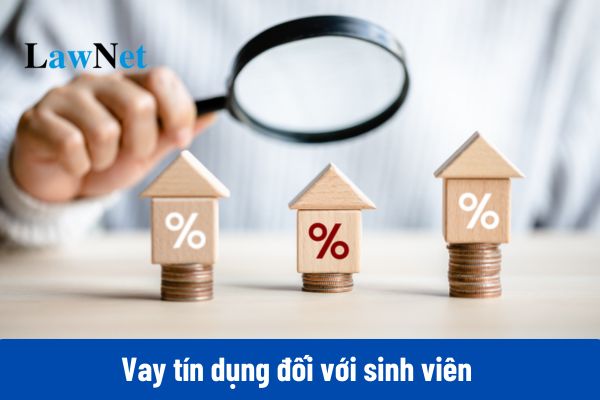
How does the Ministry of Finance of Vietnam respond to the proposal to expand the beneficiaries of student loan credit? (Image from the Internet)
Is income from loan interest subject to personal income tax in Vietnam?
Based on point a, clause 3, Article 2 of Circular 111/2013/TT-BTC (amended by clause 6, Article 11 of Circular 92/2015/TT-BTC) regulating taxable income, as follows:
Taxable Income
...
- Income from capital investment:
Income from capital investment is the income an individual receives in the following forms:
a) Interest received from lending to organizations, enterprises, households, business individuals, group of business individuals under loan contracts or agreements, excluding interest from deposits received from credit institutions, foreign bank branches as guided at point g.1, clause g, Article 3 of this Circular.
b) Dividends received from capital contribution to buy shares.
c) Profits received from participation in capital contribution to limited liability companies, partnerships, cooperatives, joint ventures, business cooperation contracts, and other business forms under the provisions of the Enterprise Law and the Cooperative Law; profits received from participation in capital contribution to establish credit institutions under the Law on Credit Institutions; capital contribution to securities investment funds and other investment funds established and operating under the law.
Profit of private enterprises, one-member limited liability companies owned by individuals is not included in investment income for personal income tax.
...
Thus, the income an individual receives from loan interest is one form of investment income and is subject to personal income tax under the law, except for interest received from credit institutions or foreign bank branches.
How to calculate personal income tax on loan interest in Vietnam?
According to the regulations in clause 4, Article 10 of Circular 111/2013/TT-BTC, the personal income tax on loan interest that an individual has to pay is calculated as follows:
| Personal Income Tax Payable | = | Taxable Income | × | Tax Rate of 5% |
Where:
- Taxable income is the interest the individual receives from the loan.
- The tax rate applicable to income received from loan interest is based on the absolute tax rate of 5%.
- The time to calculate personal income tax on loan interest is when the organization or individual pays the income to the lender.

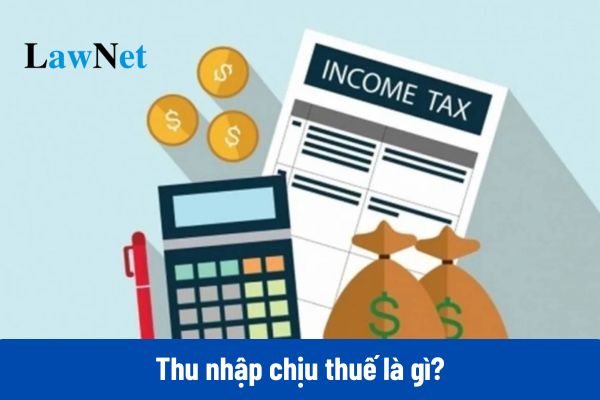
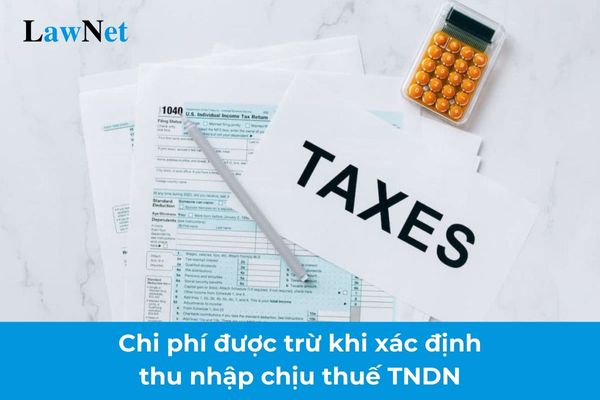


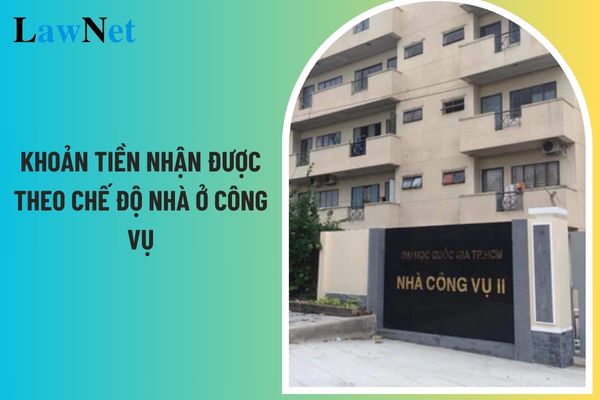
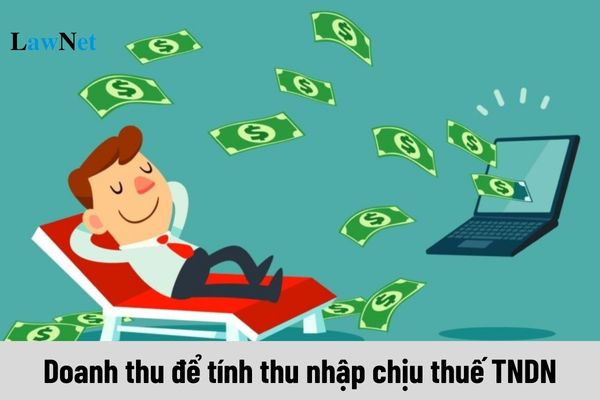
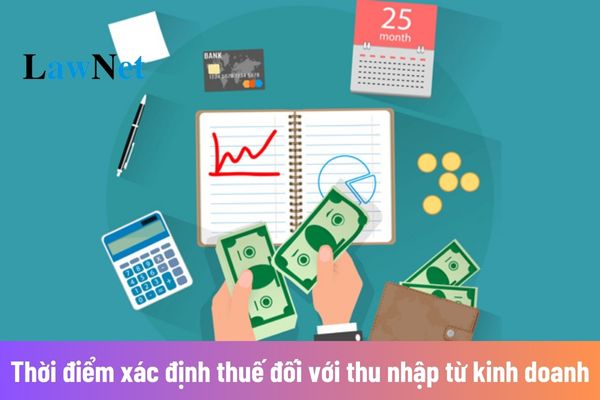
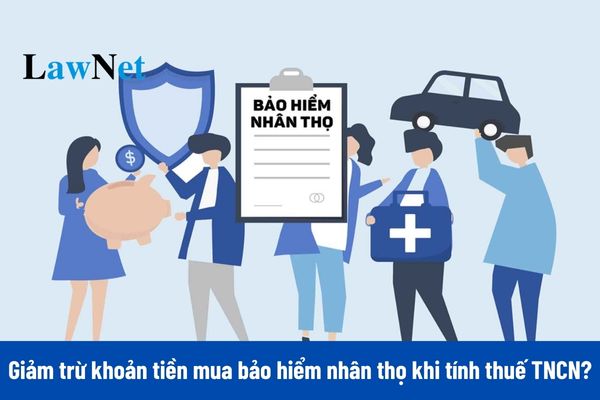
.jpg)
- Vietnam: What does the first-time taxpayer registration application for individual or household business using personal identification numbers instead of TINs include from February 6, 2025?
- Vietnam: What does the application for initial taxpayer registration for individuals issued a TIN by the tax authority included from February 6, 2025?
- Vietnam: What does the application for TIN deactivation of an individual or household business include from February 6, 2025?
- Vietnam: What does the application for TIN reactivation for individual and household businesses include from February 6, 2025?
- When is the time for making public taxpayer registration of taxpayers in Vietnam from February 6, 2025?
- From February 6, 2025, what is the procedure for initial taxpayer registration for affiliated entities in Vietnam?
- How many members must be present for the meeting of the Innovation council of the General Department of Taxation of Vietnam?
- What day is the 8th day of the 12th lunar month in 2025? Shall an invoice be issued upon giving New Year's gifts to customers in Vietnam?
- What are 13 exported goods subject to an increase in export duty in Vietnam from January 1, 2025?
- What are procedures for issuance of driver education provider licenses in Vietnam from January 1, 2025? What is the fee for driving test in Vietnam?

